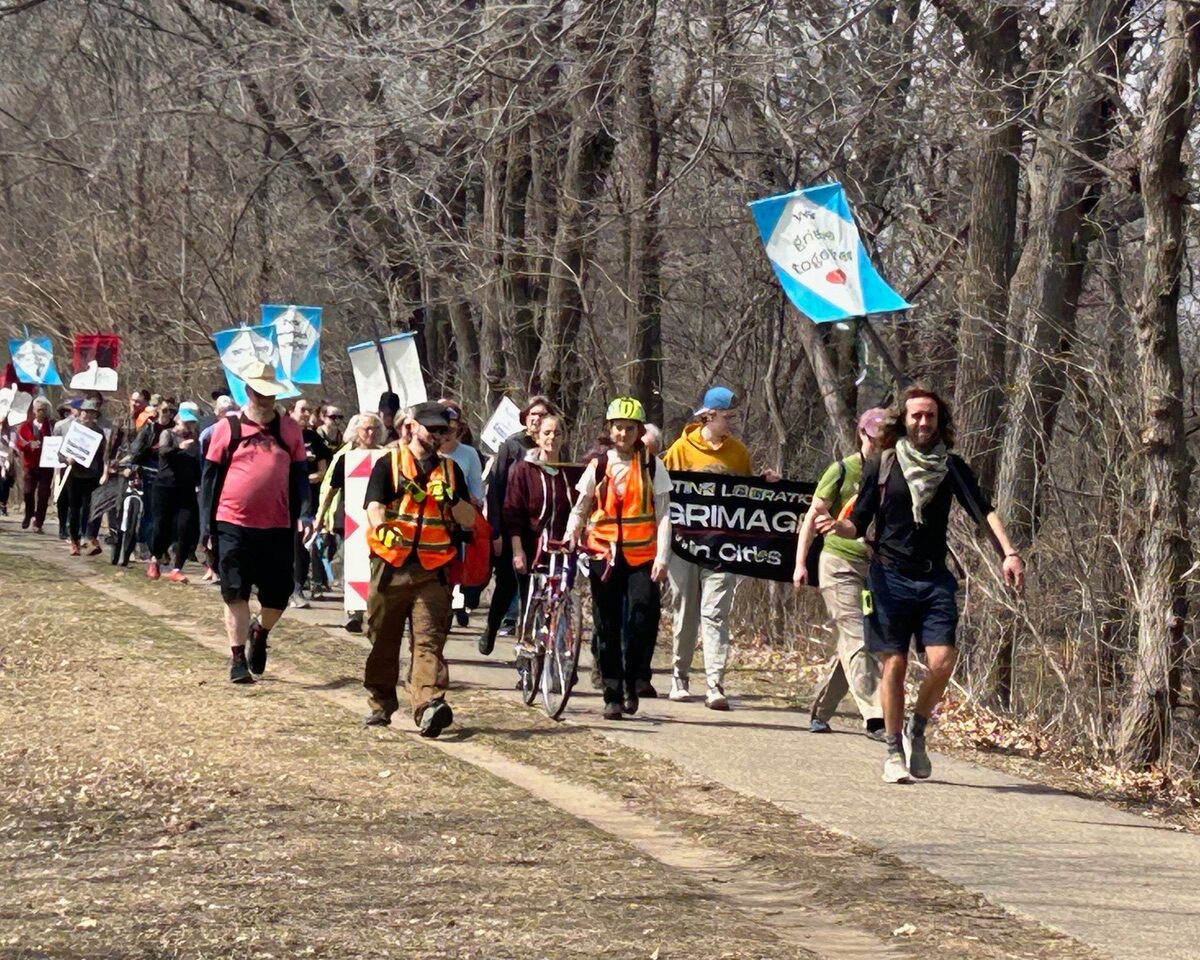 Right now is a prime window of opportunity for energy sector labor unions, clean energy experts, advocates for low-income residents, business owners, building owners, environmental justice advocates and other energy stakeholders to be asking City Hall to include community input into the anticipated city utility partnership.
Right now is a prime window of opportunity for energy sector labor unions, clean energy experts, advocates for low-income residents, business owners, building owners, environmental justice advocates and other energy stakeholders to be asking City Hall to include community input into the anticipated city utility partnership.
The City of Minneapolis is currently working to form an innovative, first-in-the-nation Clean Energy Partnership with Xcel Energy and CenterPoint Energy by the end of 2014, as recommended by the Energy Pathways Study that the City Council unanimously adopted in March. The Partnership will hold both utilities accountable to advancing the Minneapolis Climate Action Plan by marketing, tracking, coordinating and reporting progress on clean energy activities in the city. If successful, the partnership could set an inspiring new national precedent for how local leadership can influence shareholder-controlled utilities to meet mutual climate, justice and local economic development goals, leveraging much-needed positive changes in the utility business model.
As a result of the grassroots Minneapolis Energy Options campaign last year, Xcel and CenterPoint have both stated strong interest in wanting to partner with the city. But in order for a city-utility partnership to provide Xcel and Centerpoint a thoroughly valuable opportunity to demonstrate that they’re serious about collaborating with the city to meet our adopted Energy Vision, the partnership has to be inclusive of deep community participation instead of becoming a closed-off layer of bureaucracy. Page 52 of the Energy Pathways Study suggests providing an “advisory committee of businesses and community leaders” that helps guide and inform the decision makers within the city-utility partnership by vetting all proposed programs, goals and evaluation criteria. This advisory board would keep the partnership dynamic and accountable by suggesting new programs that have strong grassroots support.
The advisory committee could be appointed through the city’s open appointments process, and operate like a number of existing city advisory committees. The Capital Long-Range Improvement Committee (CLIC), provides a good model.
As a guide to contact your City Council representative visit the website: http://www.communitypowermn.org/call_your_city_council_member
To host or attend a community education event on this issue visit: http://www.communitypowermn.org/powerconvo
Lee Samuelson






















